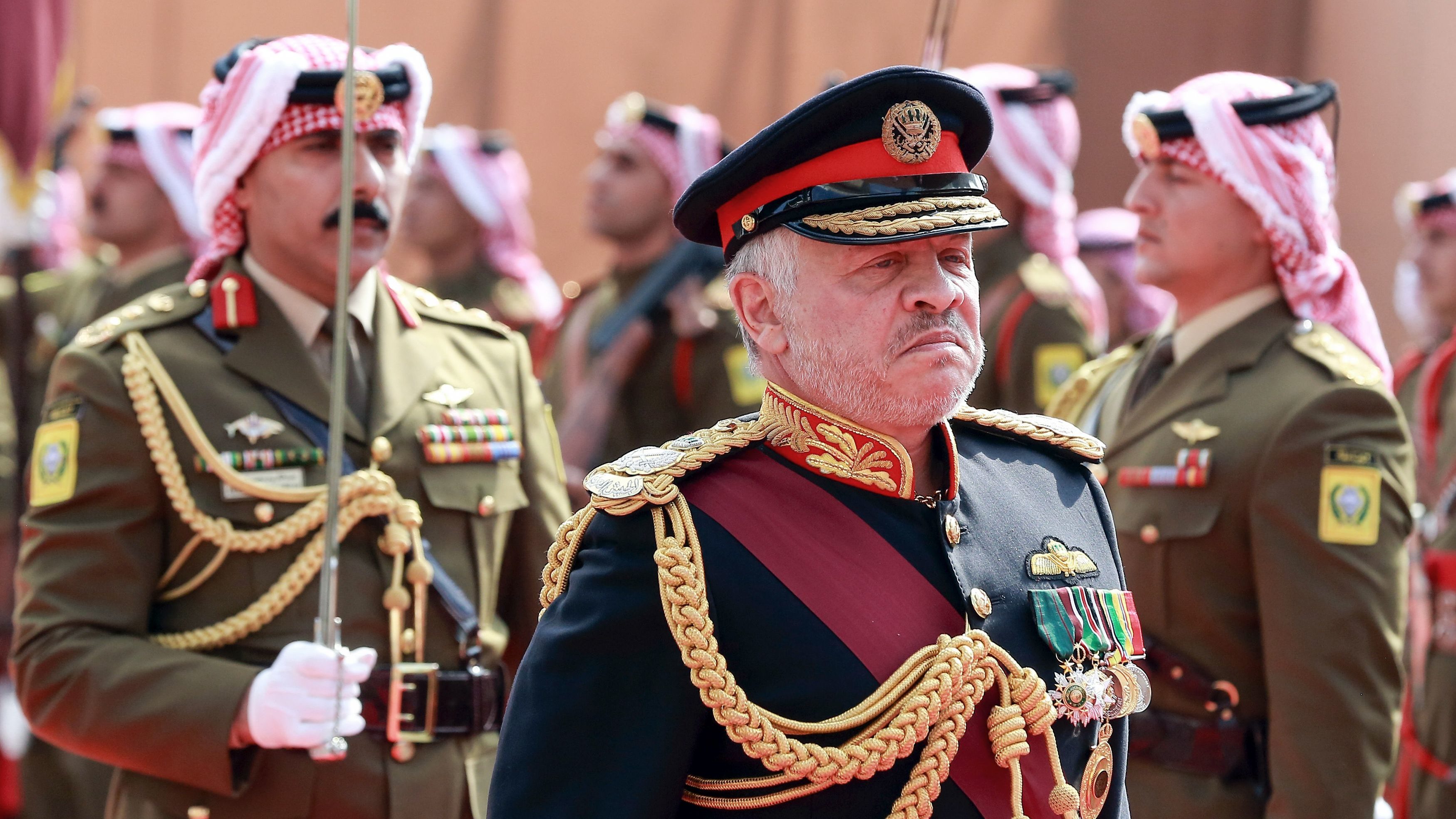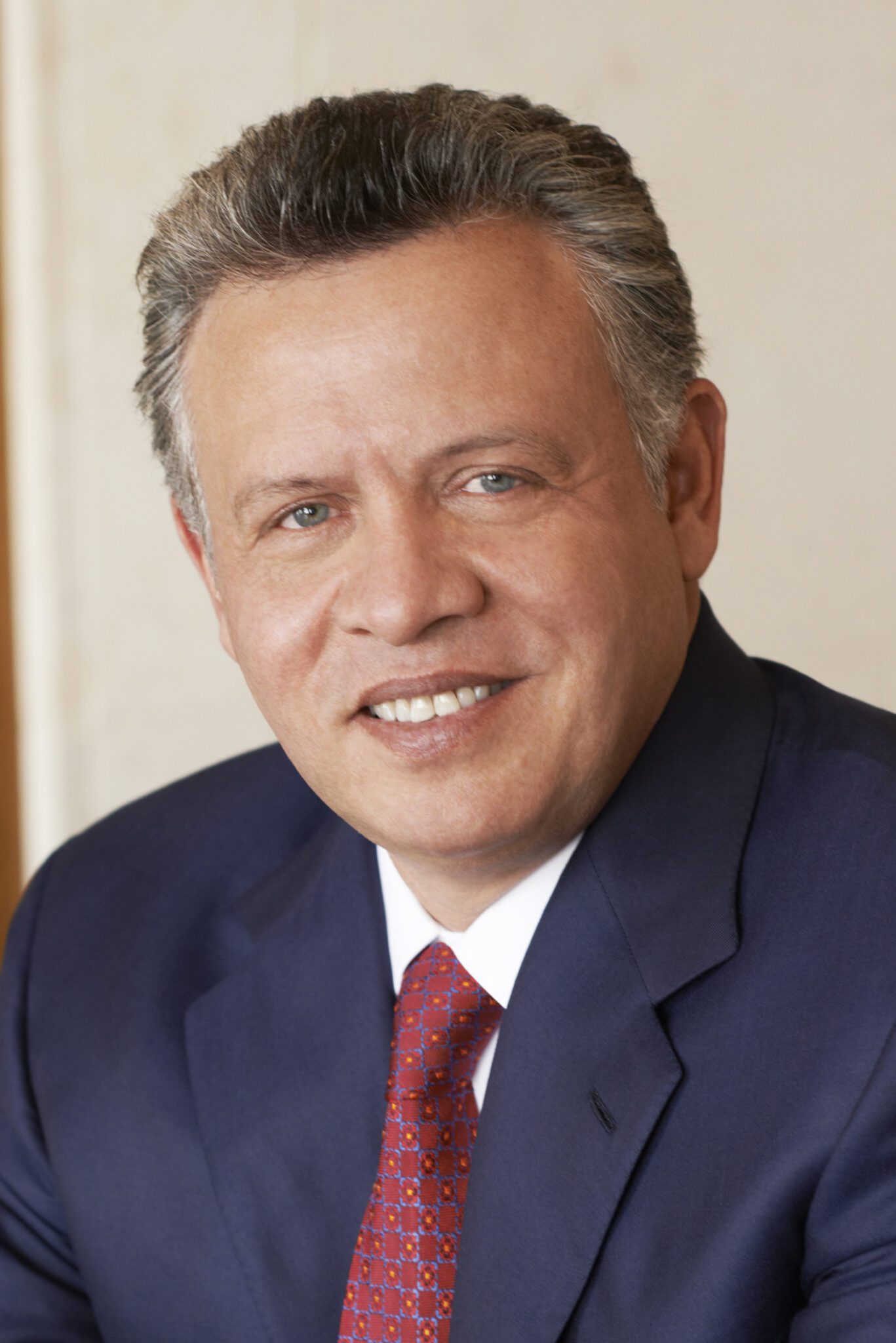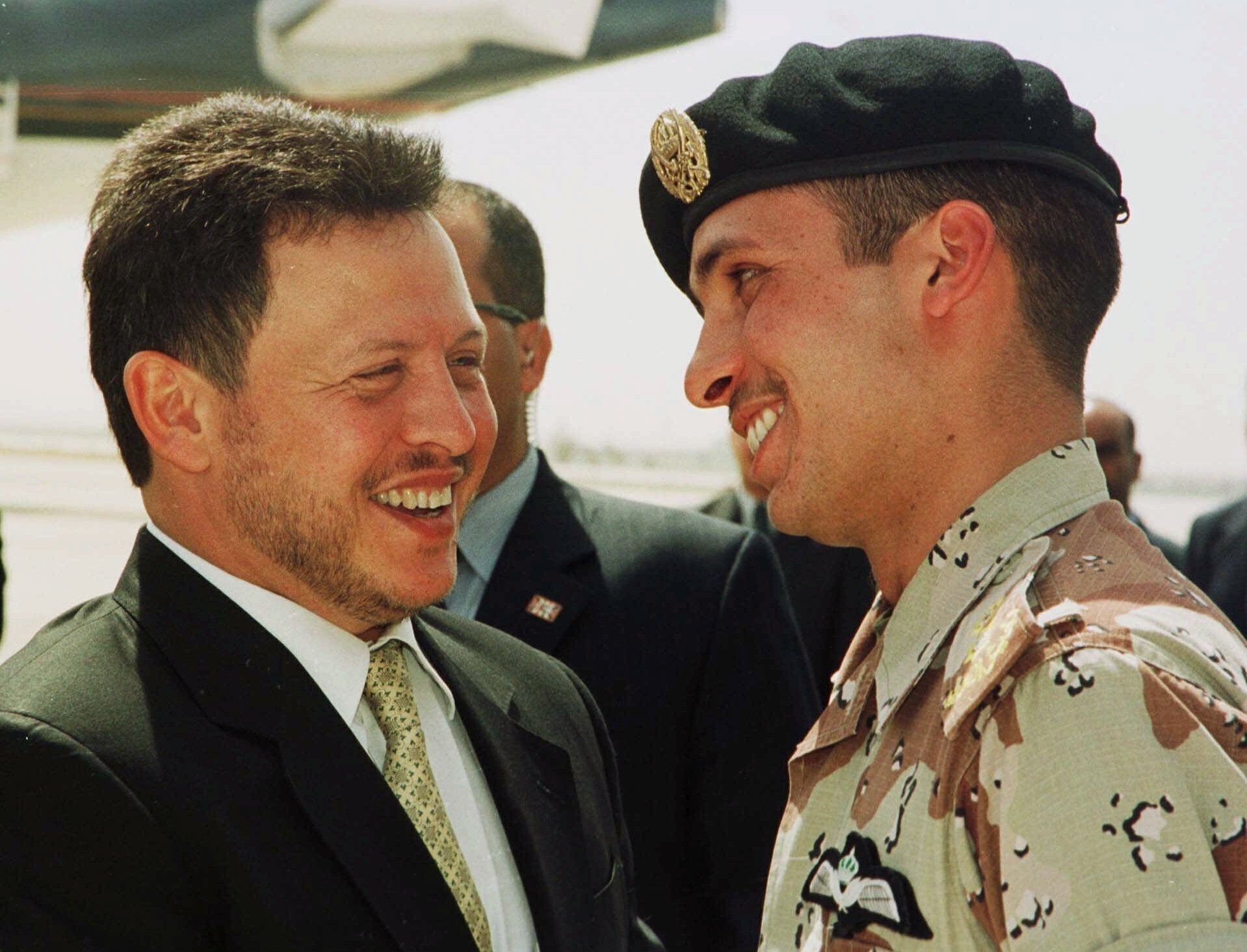King Abdullah II Of Jordan: A Monarch Leading In The Modern Middle East is one of the most influential figures in the Arab world today. As the longest-reigning monarch in Jordan's history, he has played a pivotal role in shaping the country's path during a period of significant regional and global change.
Editor's Notes: King Abdullah II Of Jordan: A Monarch Leading In The Modern Middle East has published today. This topic important to read because it provides a comprehensive look at the life and career of King Abdullah II, offering insights into his leadership style, his vision for Jordan, and his role in the region.
Our team of experts has analyzed and researched King Abdullah II Of Jordan: A Monarch Leading In The Modern Middle East through various sources and put together this guide to help target audience make the right decision.
Main article topics:
1. Early Life and Education
2. Accession to the Throne
3. Domestic Policy
4. Foreign Policy
5. Regional Leadership
6. Personal Life
7. Conclusion

'Pandora Papers' leak: Report reveals world leaders' financial secrets - Source www.usatoday.com
FAQs
The following is a compilation of frequently asked questions and their respective answers to clarify common inquiries about King Abdullah II of Jordan's reign and his role in shaping the modern Middle East. King Abdullah II Of Jordan: A Monarch Leading In The Modern Middle East

Jordan’s Abdullah II: Ties with Israel at ‘All-time Low’ since 1994 - Source themedialine.org
Question 1: What are some of the key initiatives undertaken by King Abdullah II during his reign?
Answer: King Abdullah II has spearheaded numerous initiatives aimed at fostering economic growth, promoting social progress, and enhancing regional stability. These include the Jordan 2025 Vision, which outlines a comprehensive plan for sustainable economic development; the National Strategy for Human Resources Development, which focuses on improving education and skill levels; and the Jordan Compact, which seeks to address the challenges faced by Syrian refugees and their host communities.
Question 2: How has King Abdullah II contributed to regional peace and stability?
Answer: King Abdullah II has played a crucial role in promoting dialogue and cooperation among nations in the Middle East. He has advocated for a two-state solution to the Israeli-Palestinian conflict, supported efforts to combat terrorism, and worked to build bridges between different religious and cultural communities.
Question 3: What are some of the challenges facing Jordan under King Abdullah II's leadership?
Answer: Jordan, like many countries in the region, faces a number of challenges, including economic disparities, unemployment, and the impact of regional conflicts. King Abdullah II has implemented policies to address these issues, such as investing in infrastructure, promoting job creation, and providing humanitarian assistance to refugees.
Question 4: How has King Abdullah II modernized Jordan's political system?
Answer: King Abdullah II has introduced several reforms to modernize Jordan's political system, including expanding the powers of parliament, increasing the participation of women and youth in politics, and strengthening the rule of law. These reforms have aimed to enhance transparency, accountability, and public trust in the political process.
Question 5: What is King Abdullah II's vision for the future of Jordan?
Answer: King Abdullah II envisions a Jordan that is prosperous, stable, and a beacon of moderation and progress in the Middle East. He believes that by investing in education, innovation, and economic growth, Jordan can create opportunities for its citizens and contribute to the overall well-being of the region.
Question 6: How is King Abdullah II perceived by the international community?
Answer: King Abdullah II is widely respected by the international community for his leadership, commitment to peace, and humanitarian efforts. He has received numerous awards and accolades, including the Order of the Garter from the United Kingdom and the Charlemagne Prize for Peace from Germany.
Tips
In his book "A Monarch Leading In The Modern Middle East," King Abdullah II provides valuable insights and tips for leaders navigating the complex challenges of the modern era. Drawing upon his own experiences as the King of Jordan, he offers a unique perspective on effective leadership in the Arab world and beyond.

King Abdullah II of Jordan Awarded 2018 Templeton Prize - John - Source www.templeton.org
Tip 1: Rule with Wisdom and Compassion
Effective leadership requires a balance of wisdom and compassion. Leaders must be able to make tough decisions based on reason and sound judgment, while also considering the human impact of their actions. By showing empathy for their people and understanding their needs, leaders can gain their trust and respect.
Tip 2: Embrace Innovation and Progress
In the rapidly changing world, leaders must be open to innovation and progress. They should encourage creativity and new ideas, and be willing to adapt to new technologies and trends. By embracing change, leaders can help their countries keep pace with the global economy and stay competitive.
Tip 3: Promote Dialogue and Understanding
Leaders have a responsibility to promote dialogue and understanding among different groups of people. By fostering an atmosphere of tolerance and respect, they can help to break down barriers and build bridges between communities. This is essential for creating a peaceful and harmonious society.
Tip 4: Invest in Education and Human Capital
Education is the foundation of a strong and prosperous society. Leaders must invest in education to ensure that their people have the skills and knowledge they need to succeed. By empowering their citizens through education, leaders can create a workforce that is equipped to compete in the global economy.
Tip 5: Build Strong Relationships with Allies
In the complex world of international relations, it is essential for leaders to build strong relationships with their allies. By working together with other countries, leaders can increase their influence and promote their interests on the global stage. They can also learn from the experiences of other countries and avoid potential conflicts.
Tip 6: Lead by Example
Leaders must serve as role models for their people. They should embody the values they espouse and set an example of integrity, hard work, and dedication. By living up to high ethical standards, leaders can inspire their people to strive for greatness.
Tip 7: Be Patient and Persistent
Effective leadership is a long-term process that requires patience and persistence. Leaders should not expect to achieve their goals overnight. They must be willing to work hard and persevere through challenges to make a difference.
Conclusion
By following these tips, leaders can create a better future for their countries and the world. They can inspire hope, promote peace and stability, and ensure that their people have the opportunity to live prosperous and fulfilling lives.
King Abdullah II Of Jordan: A Monarch Leading In The Modern Middle East
King Abdullah II of Jordan has been a stabilizing force in the Middle East, leading his country through significant challenges and fostering regional cooperation. His reign has been marked by several key aspects that exemplify his leadership in the modern Middle East.
- Peace Advocate
- Modernization Catalyst
- Regional Mediator
- Economic Innovator
- Social Reformer
- Interfaith Champion
King Abdullah's consistent advocacy for peace has earned him international recognition. He has been instrumental in promoting dialogue and understanding between Israelis and Palestinians, and has played a crucial role in maintaining stability in the region. His modernization efforts have transformed Jordan into a hub for innovation and technology, attracting global investment and creating opportunities for his people. As a regional mediator, he has worked tirelessly to resolve conflicts and facilitate dialogue between Arab nations.

His majesty king Abdullah II of #Jordan | King abdullah, Jordan royal - Source www.pinterest.com
King Abdullah II Of Jordan: A Monarch Leading In The Modern Middle East
King Abdullah II is a modernizing force in the Middle East. He has implemented reforms to promote economic growth, education, and human rights. He has also been a strong advocate for peace and stability in the region. Abdullah's leadership has been praised by many, including US President Barack Obama, who called him "a courageous and visionary leader."

Jordan’s King Abdullah says ‘sedition buried’ after palace turmoil - Source www.dailysabah.com
Abdullah's reforms have helped to improve the lives of Jordanians. He has invested heavily in education, which has led to a significant increase in literacy rates. He has also promoted economic growth by attracting foreign investment and creating new jobs. Abdullah's human rights record is also strong. He has abolished the death penalty and introduced new laws to protect women and minorities.
Abdullah's leadership has been essential to maintaining peace and stability in the Middle East. He has played a key role in the peace process between Israel and Palestine. He has also been a strong advocate for a two-state solution to the conflict. Abdullah's efforts have helped to reduce tensions in the region and promote dialogue between Israelis and Palestinians.
Abdullah is a respected leader in the Middle East. He has a deep understanding of the region's challenges and opportunities. He is committed to working with other leaders to build a more peaceful and prosperous future for the Middle East.
| Name | Title | Role |
|---|---|---|
| King Abdullah II | King of Jordan | Head of state and government |
| Queen Rania Al-Abdullah | Queen of Jordan | Wife of the King and advocate for education and women's rights |
| Crown Prince Hussein | Crown Prince of Jordan | Heir to the throne |
Conclusion
King Abdullah II is a visionary leader who has played a key role in shaping the modern Middle East. His reforms have helped to improve the lives of Jordanians and his diplomacy has contributed to peace and stability in the region. Abdullah is a respected leader who is committed to working with others to build a better future for the Middle East.
Abdullah's leadership is a model for other leaders in the region. He has shown that it is possible to achieve economic growth, social progress, and peace through dialogue and cooperation.